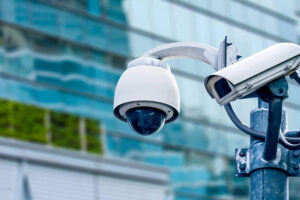Access Control Policy: Definition, Types & Implementation

Access Control Policy- Definition, Types & Implementation
Access control is a fundamental concept in security that reduces risk to business organizations. An access control system does not allow unauthorized people to access your main office. It identifies the security access of a person within a company. Let’s learn about policies in access control.
What Is Access Control Policy?
The process by which a person is identified and allowed a level of security access to the electronic system to the physical site is called access control. The company sets the policies and procedures, on which access control works.
Access control system identifies, authorizes, and authenticates users by estimating login credentials. Passwords, PINs, security tokens, biometric scans, or other authentication factors fall under login credentials. To protect the access control system, multifactor authentication is necessary.
Types Of Access Control
Three types of access control minimize the security risk of a company.
1. Administrative access control: It makes the access control policies and procedures for the entire company, and helps to implement both physical and technical access control. Example: training, auditing, and testing.
2. The Physical Access Control system controls the access or restricts the access to a place like a building or property. Example: fences, doors, etc.
3. Technical access control: It restricts connections to computer networks, system files, and data.
Models Of Access Control
There are four types of models of access control:
-
Mandatory Access Control:
Only the system administrator or owner can put the access control settings.
-
Discretionary Access Control:
This system has a list of authorized users.
-
Role-based Access Control:
This system permits a particular job title.
-
Rule-based Access Control:
This system allocates roles to users based on criteria defined by the owner.
How To Implement Access Control?
An automated provisioning system permits a user when he joins an access management system. The permission depends on job responsibilities, access control frameworks, and workflows.
Conclusion
In today’s digital world, access control system applies administrative, technical, and physical access control to restrict access to sensitive data. A modern access control policy is ideal to achieve a higher level of security.







